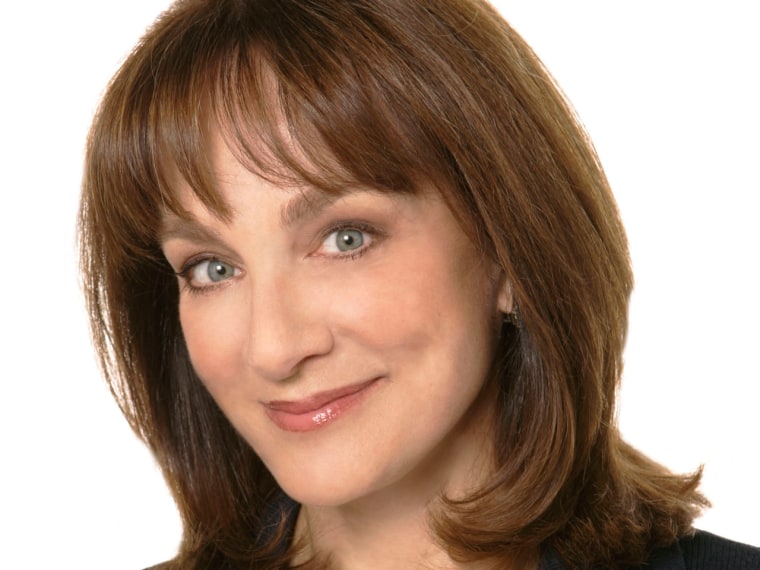When is a memory lapse just a "senior moment" -- and when might it be an early sign of Alzheimer's disease? And when should you talk to your doctor about memory problems?

This morning on TODAY, Maria Shriver and Dr. Nancy Snyderman, NBC's chief medical editor, reported on how early of the disease has helped one woman struggling with the illness. After the segment, Snyderman hosted a Google Hangout, where she chatted with Dr. Maria Carrillo of the Alzheimer's Association, answering your questions about memory loss and the importance of early detection. (Click play on the video above to watch the conversation.)
If the disease is caught early, patients can start taking medications that can help control the symptoms, and they also might be able to join clinical trials and receive cutting-edge, potentially life-saving, treatments, Carrillo explained during the Google+ chat.
“But lastly, it’s really important for a family to understand the changes going on with their loved one, because those changes sometimes are reflective of things that are not comfortable for us, or could cause conflicts in the family,” Carrillo said. “It’s also important to think about family planning, for the future, having those types of discussions with your loved one while they’re still capable of deciding for themselves how they want to be treated as the disease progresses."
Carrillo and Snyderman addressed questions from viewers like these: What resources are out there for caregivers? Can a traumatic brain injury contribute to increased risk for the disease? And how can children of parents with early onset Alzheimer's start planning?
Find out the answers to those questions and more by watching the recap of the Google+ conversation here, and you can also watch the segment from this morning's TODAY below.